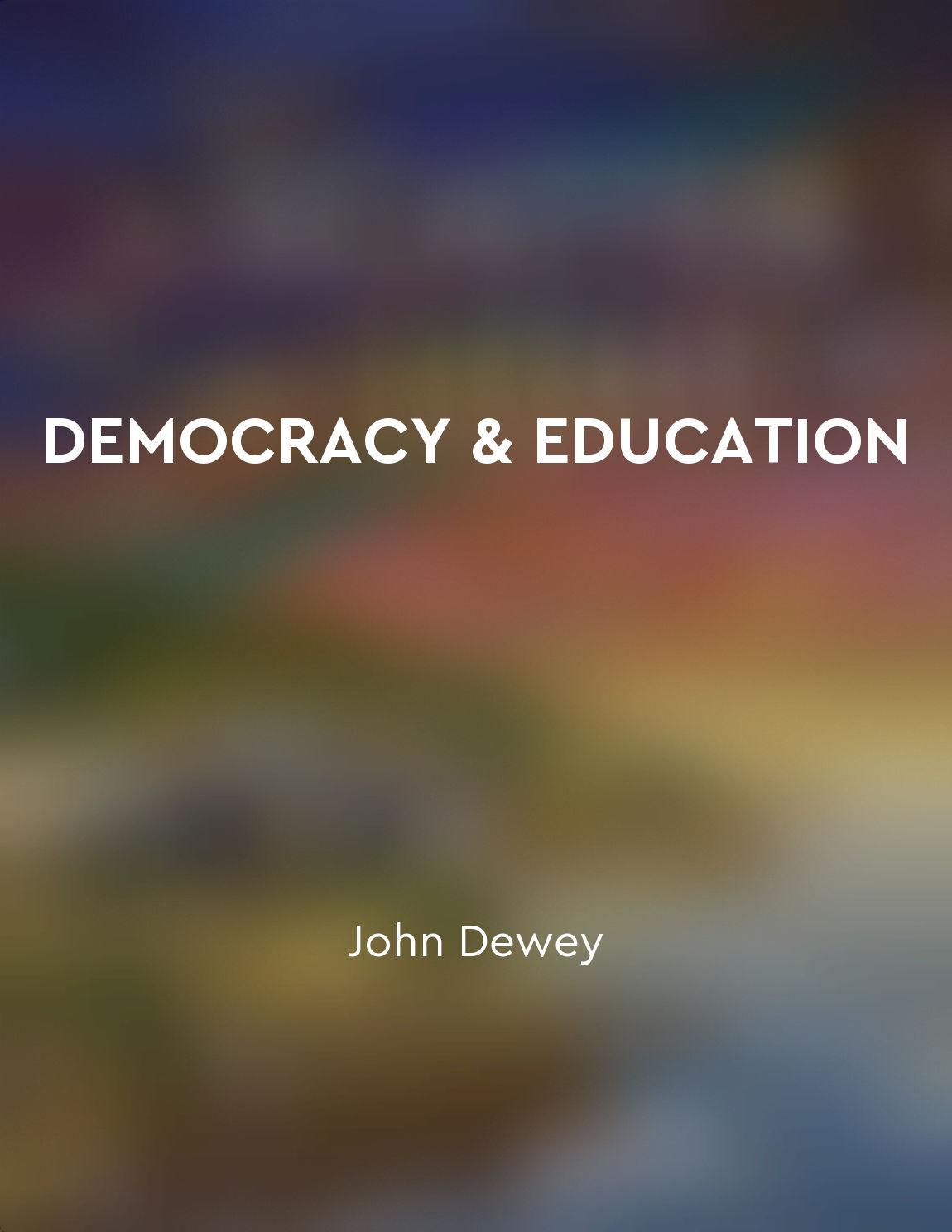Lok Sabha is the lower house of Parliament, representing the people from "summary" of Indian Polity by J.C. Johari
The Lok Sabha is an essential component of the Indian Parliament. It is considered the lower house, as opposed to the Rajya Sabha, which is the upper house. The Lok Sabha is the house that directly represents the people of India. Members of the Lok Sabha are elected by the citizens of India through a process of democratic elections. This ensures that the Lok Sabha is a true reflection of the will and aspirations of the people. The Lok Sabha plays a crucial role in the functioning of the Indian democracy. It is where important legislative decisions are made, and where laws are debated and passed. The Lok Sabha is also responsible for holding the government accountable for its actions. Members of the Lok Sabha have the power to question the government, raise issues of public importance, and participate in debates on various matters. The Lok Sabha is comprised of members from different political parties, who come together to represent the diverse interests of the Indian population. This diversity ensures that all sections of society are represented in the decision-making process. The Lok Sabha is a forum where different viewpoints are discussed, debated, and ultimately, decisions are taken in the best interest of the people. The Lok Sabha is an integral part of the Indian democratic system. It is a symbol of the people's sovereignty and their right to choose their representatives. The Lok Sabha is where the voices of the people are heard, and where their concerns are addressed. It is a platform for the people to participate in the governance of the country and shape its future. The Lok Sabha is not just a legislative body; it is a reflection of the democratic ideals and principles that form the foundation of the Indian polity.Similar Posts

Education plays a role in democratic decisionmaking
In a democratic society, education is not just about acquiring knowledge and skills; it plays a crucial role in shaping the dec...
President is the head of the state, while the Prime Minister leads the government
In the Indian political system, the President serves as the ceremonial head of the state, embodying the unity and integrity of ...

Federalism and CentreState Relations
Federalism is a system of government in which power is divided between a central authority and constituent political units. In ...

Constitutional development in India
The development of the Indian Constitution has been a fascinating journey marked by significant milestones. It all began with t...
Power corrupts those in authority
Power, like a strong current, has the ability to sweep away the principles of justice and equality that should guide those in a...
Knowledge of Indian freedom fighters is essential
It is crucial to have a deep understanding of the Indian freedom fighters who played a significant role in the country's strugg...
President of India
The President of India is the head of the state and the supreme commander of the Indian Armed Forces. The President is elected ...
Fundamental rights are essential for citizens
Fundamental rights are the bedrock of any democratic society. These rights are considered essential for citizens as they guaran...
